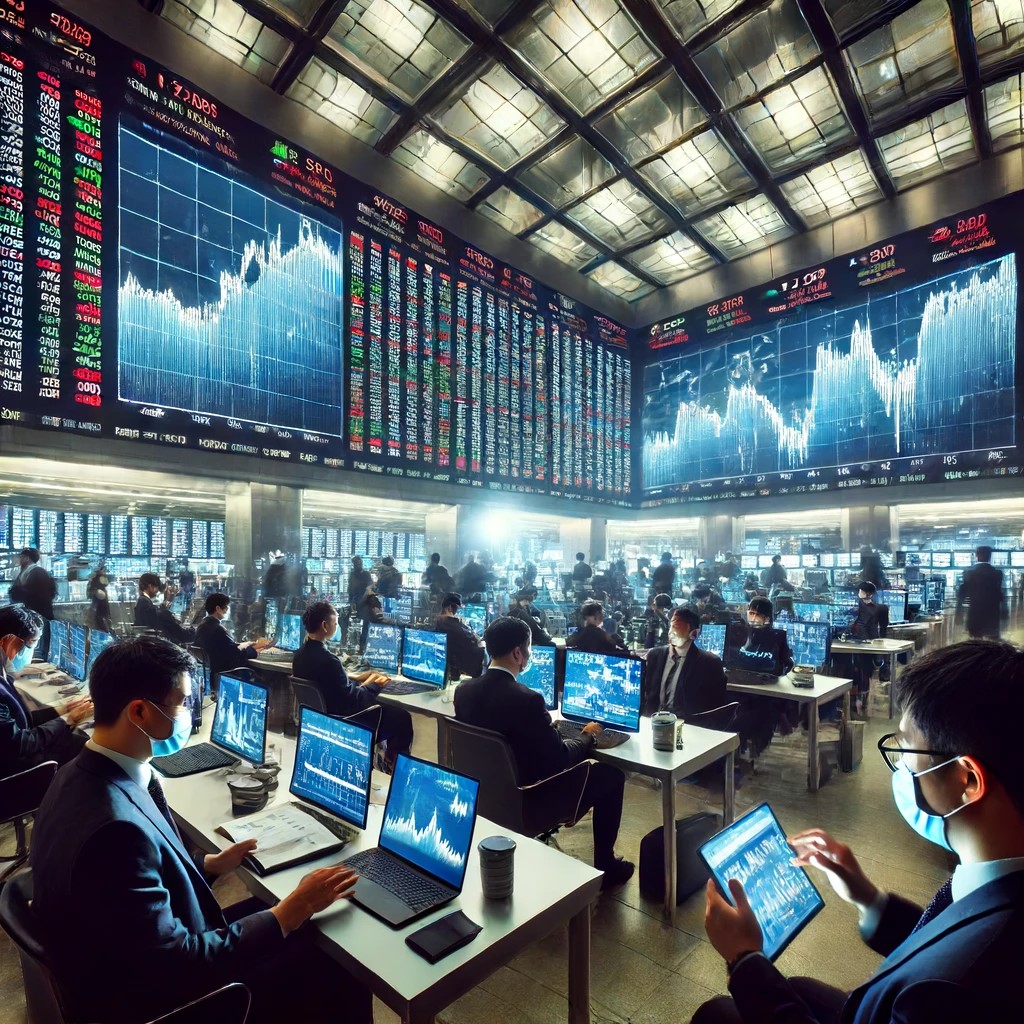The economic ramifications of pandemics have become a critical area of study, particularly following the profound impacts of COVID-19 on global markets. Pandemics disrupt economic activity, alter investor behavior, and necessitate significant policy responses. This article delves into the current trends influenced by pandemics and offers predictions for future economic landscapes.

Current Trends
1. Market Volatility:
Pandemics introduce substantial volatility into global markets. COVID-19, for example, triggered dramatic swings in stock prices, oil prices, and commodity markets. Investors grapple with uncertainty, leading to heightened risk aversion and frequent market fluctuations. Companies across various sectors experience differing impacts, with healthcare and technology often benefiting, while travel and hospitality suffer significant losses.
2. Supply Chain Disruptions:
Pandemics expose vulnerabilities in global supply chains. COVID-19 highlighted the overreliance on specific regions for manufacturing and raw materials. The initial outbreak in China, a major manufacturing hub, caused widespread disruptions, leading to delays and shortages worldwide. As a result, companies are reevaluating their supply chain strategies, emphasizing diversification and resilience to mitigate future risks.

Future Predictions
1. Increased Investment in Healthcare:
Future pandemics are likely to drive significant investment in healthcare infrastructure and innovation. Governments and private sectors will prioritize healthcare to enhance preparedness and response capabilities. This includes investments in vaccine development, biotechnology, medical research, and healthcare technology. Investors will find opportunities in companies focused on these areas, anticipating long-term growth and stability.
2. Permanent Shift to Remote Work:
The pandemic-induced shift to remote work is expected to have lasting effects on the labor market and commercial real estate. Many companies have realized the benefits of flexible work arrangements, leading to the adoption of hybrid work models. This shift will reduce demand for traditional office spaces and increase investments in remote work technologies and cybersecurity. Cities and businesses must adapt to this new paradigm to remain competitive and attract talent.
3. Reshoring and Regionalization:
To counteract the vulnerabilities exposed by pandemics, companies will increasingly adopt reshoring and regionalization strategies. Bringing production closer to home or diversifying manufacturing bases across multiple regions will reduce dependency on single points of failure. Governments may also incentivize local production to strengthen national security and economic resilience. This trend will reshape global trade patterns and create new investment opportunities in local manufacturing and infrastructure development.

Conclusion
Pandemics profoundly impact global markets, creating both challenges and opportunities for investors and businesses. Current trends, such as market volatility, the digital economy shift, and supply chain disruptions, illustrate the immediate effects. Looking ahead, increased healthcare investment, the permanent shift to remote work, and reshoring strategies will shape the future economic landscape.
Investors and businesses must remain agile and proactive in adapting to these changes. By understanding the economic effects of pandemics and anticipating future trends, they can position themselves for success in a post-pandemic world. The lessons learned from COVID-19 will undoubtedly influence global market strategies and economic policies for years to come, ensuring a more resilient and prepared global economy.


